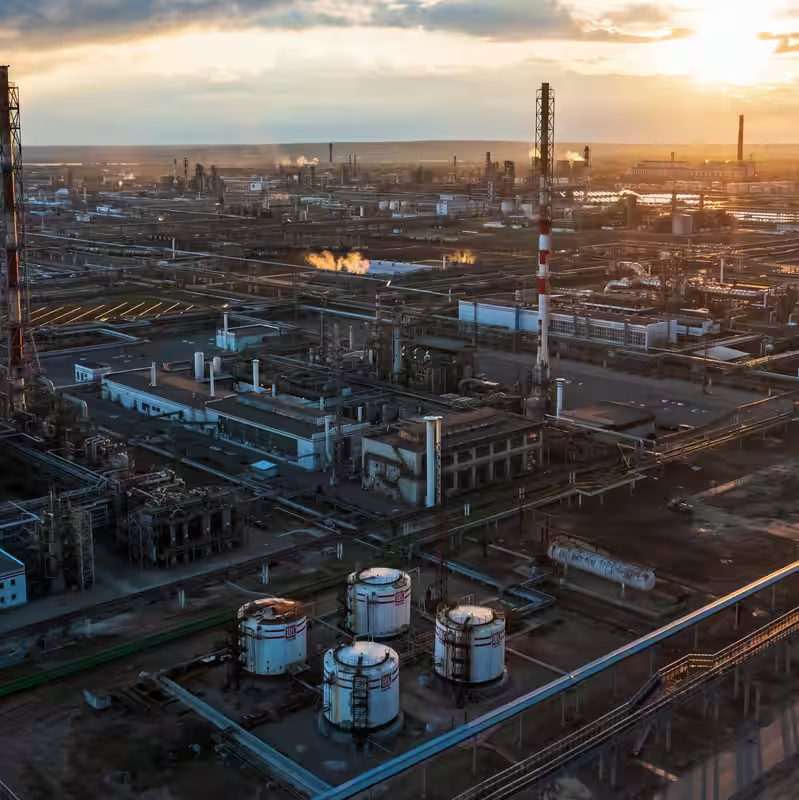In a dramatic escalation of U.S. pressure on Moscow, former President Donald Trump has imposed sweeping new sanctions on Russia’s two largest oil companies, Rosneft and Lukoil. The move, announced on October 22, 2025, marks one of the most aggressive actions taken by the United States against the Russian energy sector since the full-scale invasion of Ukraine began in 2022 .
Why Trump Targeted Russian Oil Now
According to a statement from the Treasury Department, the sanctions are a direct response to what officials describe as Russia’s continued intransigence in peace negotiations and its ongoing military aggression in Ukraine . Treasury Secretary Scott Bessent, speaking on behalf of the administration, accused Moscow of “prolonging unnecessary suffering” and called on Russian leadership to “immediately agree to a ceasefire” .
The timing of the sanctions suggests mounting frustration from Trump toward Vladimir Putin—a stark contrast to his earlier rhetoric of seeking rapprochement with the Kremlin. Analysts believe the shift reflects both geopolitical realities and domestic political calculations as the 2026 midterms approach.
What the Sanctions Actually Do
The new measures freeze all U.S.-based assets of Rosneft and Lukoil and prohibit American individuals and companies from engaging in any transactions with them. Additionally, secondary sanctions may apply to foreign entities that continue to do significant business with these firms, effectively cutting them off from much of the global financial system .
Immediate Market Impact
Global oil markets reacted swiftly:
- Brent crude prices jumped over 4% within hours of the announcement.
- European allies expressed cautious support but warned of potential energy price spikes.
- Russian ruble fell to a six-month low against the U.S. dollar.
How This Compares to Past Sanctions
While previous U.S. administrations targeted Russian banks and oligarchs, direct sanctions on the core of Russia’s oil industry have been rare due to fears of global economic fallout. This action, however, appears calibrated to maximize pain on Moscow while minimizing blowback on Western economies through coordinated releases from strategic petroleum reserves.
Key Entities Affected
| Company | 2024 Revenue (Est.) | Global Oil Output Share |
|---|---|---|
| Rosneft | $120 billion | ~4% |
| Lukoil | $95 billion | ~2.5% |
What Comes Next?
Experts warn that Russia may retaliate through cyber operations or by restricting energy exports to Europe. Meanwhile, the White House is reportedly in talks with Saudi Arabia and the UAE to increase production and stabilize prices .
For now, the message is clear: Trump’s patience with Putin has run out—and the economic battlefield just got hotter.
Sources
- U.S. Treasury Department Press Release, October 22, 2025
- Reuters: “U.S. announces new sanctions against Russia’s two biggest oil companies”
- The New York Times: “Trump Imposes Sanctions on Russian Oil Companies as His Frustration With Putin Mounts”
- Treasury: Russia-related Designations, October 22, 2025




